The sales of domestically produced seafood and other aquatic products have surged dramatically on major Chinese e-commerce platforms, which have vowed to step up testing for radioactive substances to ensure the quality and safety of these products, after Japan started releasing nuclear-contaminated water into the ocean on Thursday.
Data from online discounter Pinduoduo showed that the turnover of domestic sea cucumbers, shrimps, swimming crabs, freshwater fish and seafood gift boxes on its online marketplace doubled on Thursday compared with that of Wednesday.
The transaction volume of large yellow croakers and freshwater crabs, such as hairy crabs, skyrocketed 148 percent and 730 percent, respectively, during the period, according to Pinduoduo.
Sales of aquatic products on JD Super, the online supermarket arm of Chinese e-commerce giant JD, jumped 150 percent year-on-year on Thursday, while the figure soared 63 percent from Tuesday to Thursday compared with the period from Aug 15 to 17.
JD Super said it has strengthened testing for radioactive substances in seafood and other aquatic products, and stepped up monitoring to ensure that the seafood being sold was caught during a safe period, before Japan started releasing contaminated water.
The platform will keep checking the place of origin and the time of capture of seafood that will be sold in the future, and enrich the categories of domestic freshwater aquaculture products, JD Super added.
China suspended imports of all aquatic products originating in Japan starting on Thursday, when Japan started releasing radioactive water from its tsunami-wrecked Fukushima Daiichi Nuclear Power Plant into the Pacific Ocean, according to the General Administration of Customs.
Zhu Keli, founding director of the China Institute of New Economy, said an increasing number of Chinese consumers are paying more attention to health and food safety, and they prefer domestic aquatic products in order to reduce the potential risks of radioactive contamination caused by Japan's discharge.
"However, I think stockpiling seafood and aquatic products is unnecessary," Zhu said, emphasizing that consumers should remain rational and choose credible channels to purchase the products.
Currently, central government departments have strengthened the testing and monitoring of imported aquatic products to ensure the quality and safety of such commodities, he added.
Song Wei, a primary school teacher in Beijing and the mother of a 6-year-old boy, said she bought 2 kilograms of freshly caught swimming crabs on Friday on JD.
"These crabs are from Zhoushan, Zhejiang province, and very fresh. Food safety is a top priority for my family, and it is important to learn about the source of the seafood, its processing and whether it went through the necessary safety checks," Song said.
Jason Yu, general manager of market research company Kantar Worldpanel China, said that in the short term, Japan's move will not only have an adverse impact on Japanese seafood exports, but will also affect the seafood processing and catering service industry in the whole Asia-Pacific region, because some consumers may opt for seafood originating in northern Europe.
The Ministry of Agriculture and Rural Affairs said on Thursday that it will ramp up the monitoring of nuclear pollution risks involving marine products to ensure the quality and safety of all aquatic products, and safeguard the vital interests of the people.
The ministry will pay close attention to the possible harm to China's marine fisheries and protect the healthy development of marine fisheries.








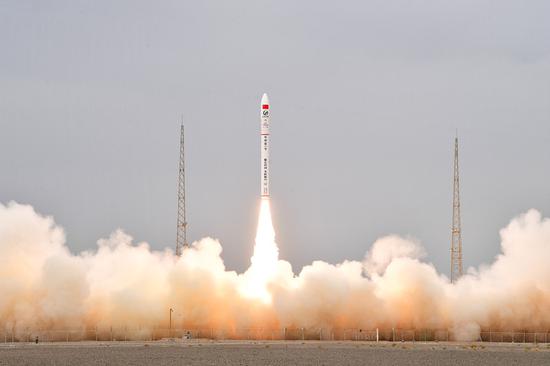


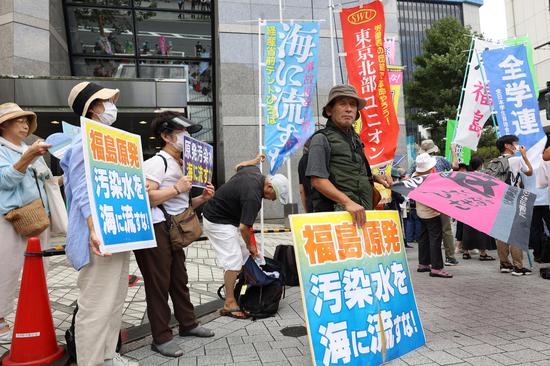

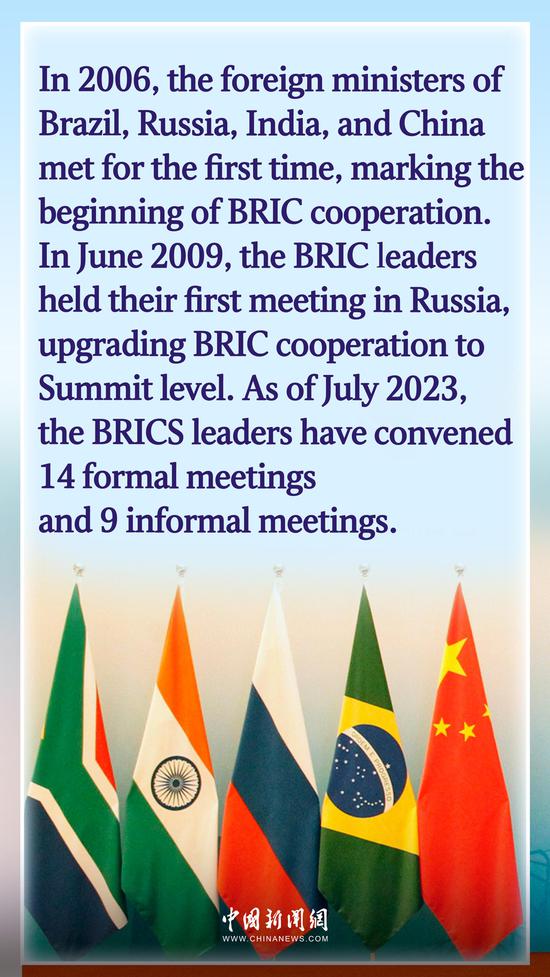
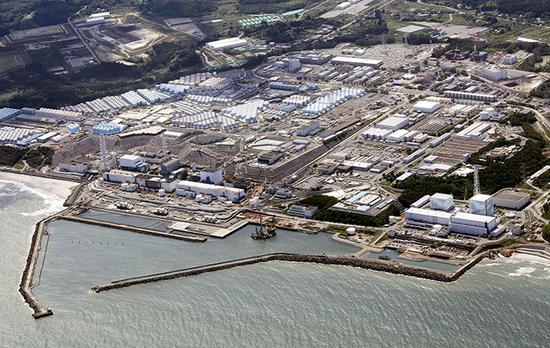
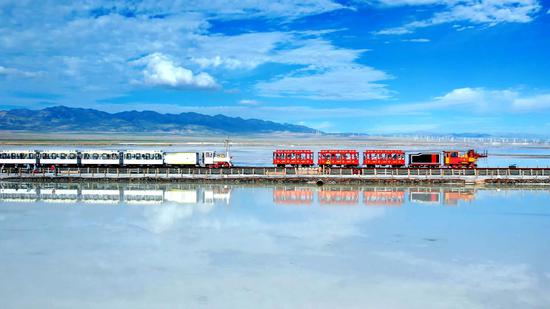





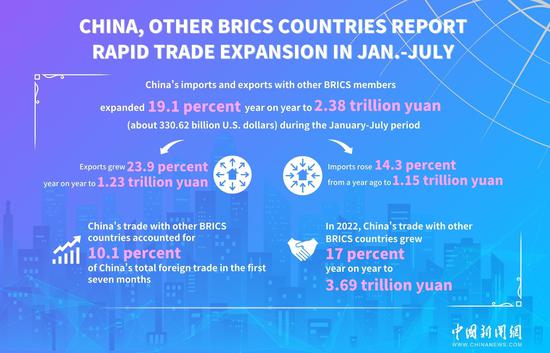




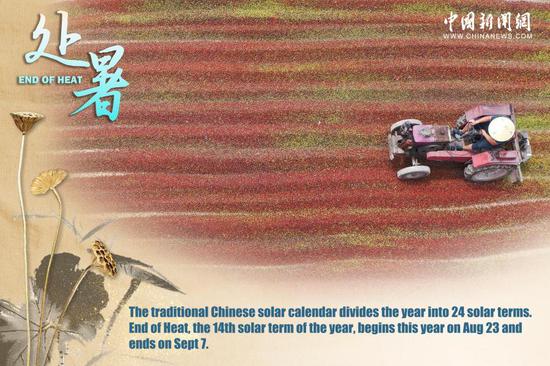




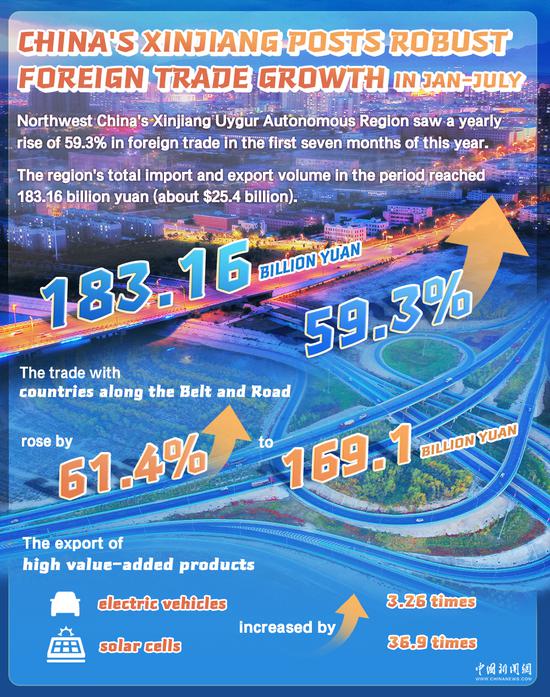

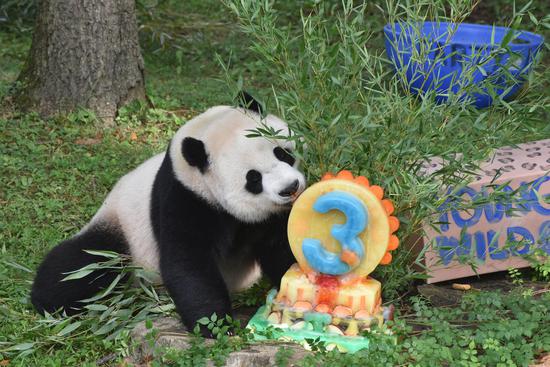
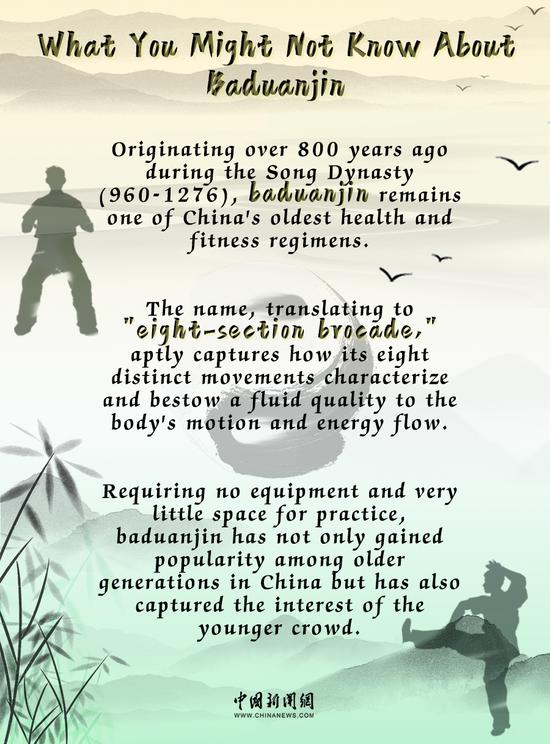
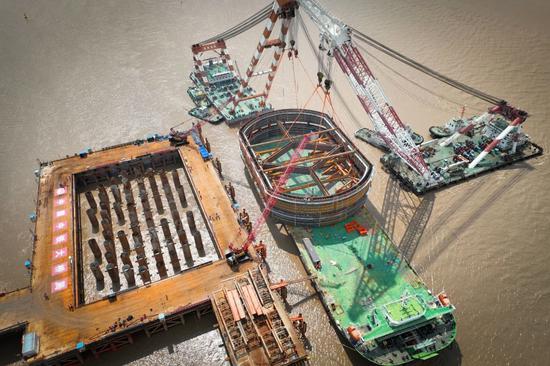
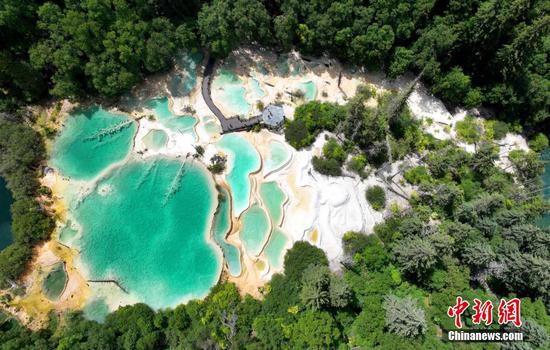




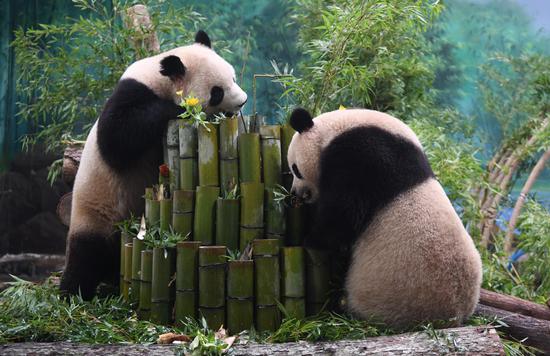








 京公网安备 11010202009201号
京公网安备 11010202009201号